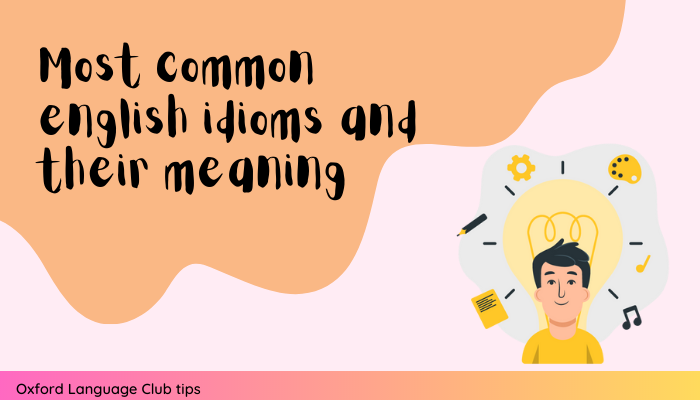Great site to keep my english skills updated for work and travel. I am really enjoying the lessons!
Maria C
 Argentina
Argentina


Idioms are an important part of language because they add color, depth, and nuance to communication. They are expressions or phrases that have a figurative meaning, which is often different from their literal meaning. Knowing idioms can help you understand and express yourself more effectively in both written and spoken language.
Here are some reasons why you might want to learn idioms:
Overall, learning idioms can be a fun and rewarding part of language learning, and it can help you become a more effective communicator in the language you are studying.
Here are
some of the most common English idioms and their meanings:
Remember,
idioms are expressions whose meanings cannot be understood from the literal
definitions of their individual words. It's important to familiarize yourself
with idiomatic expressions if you want to communicate effectively in English.
March, 2023
Posted by Oxford Language Club